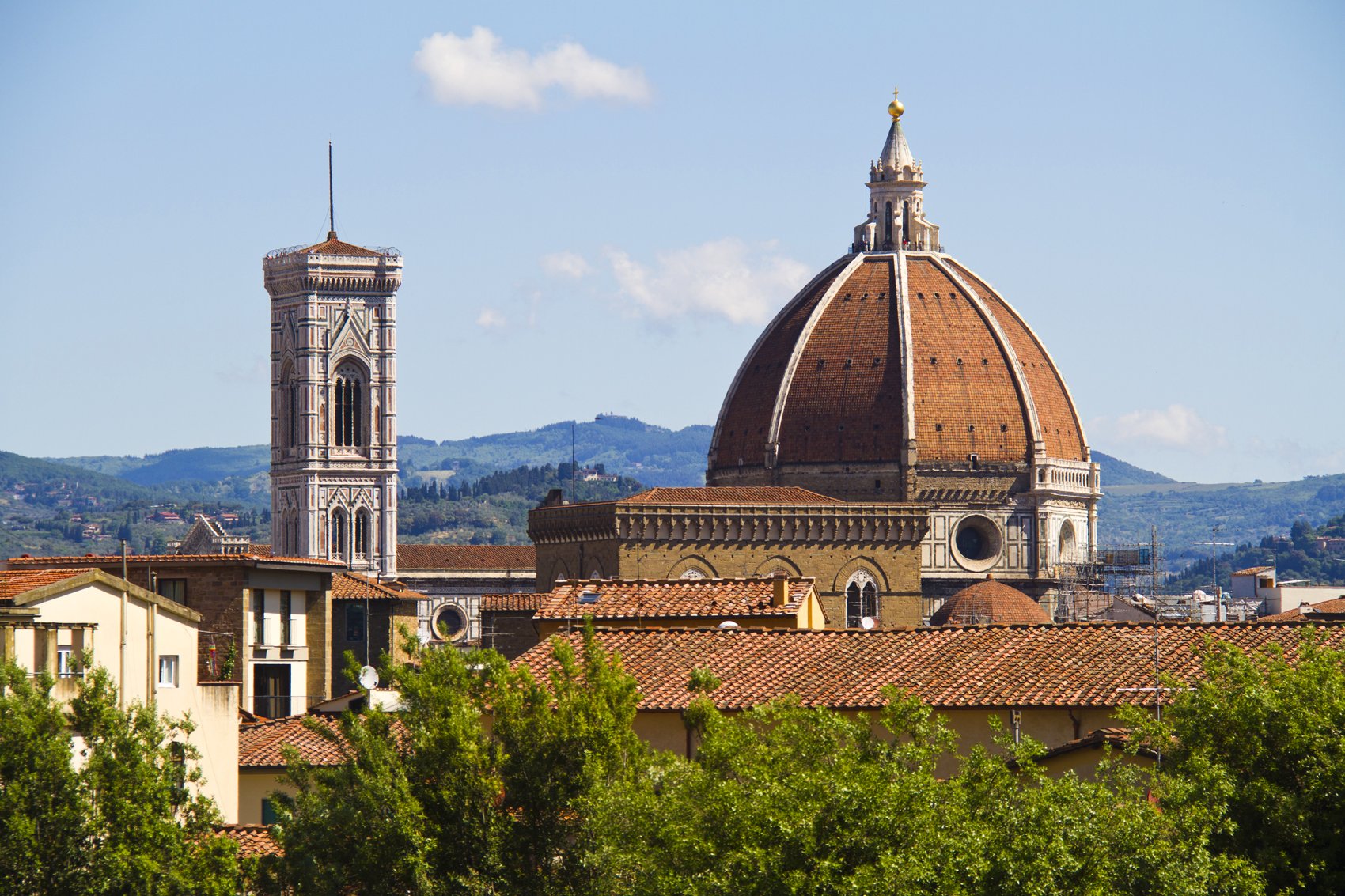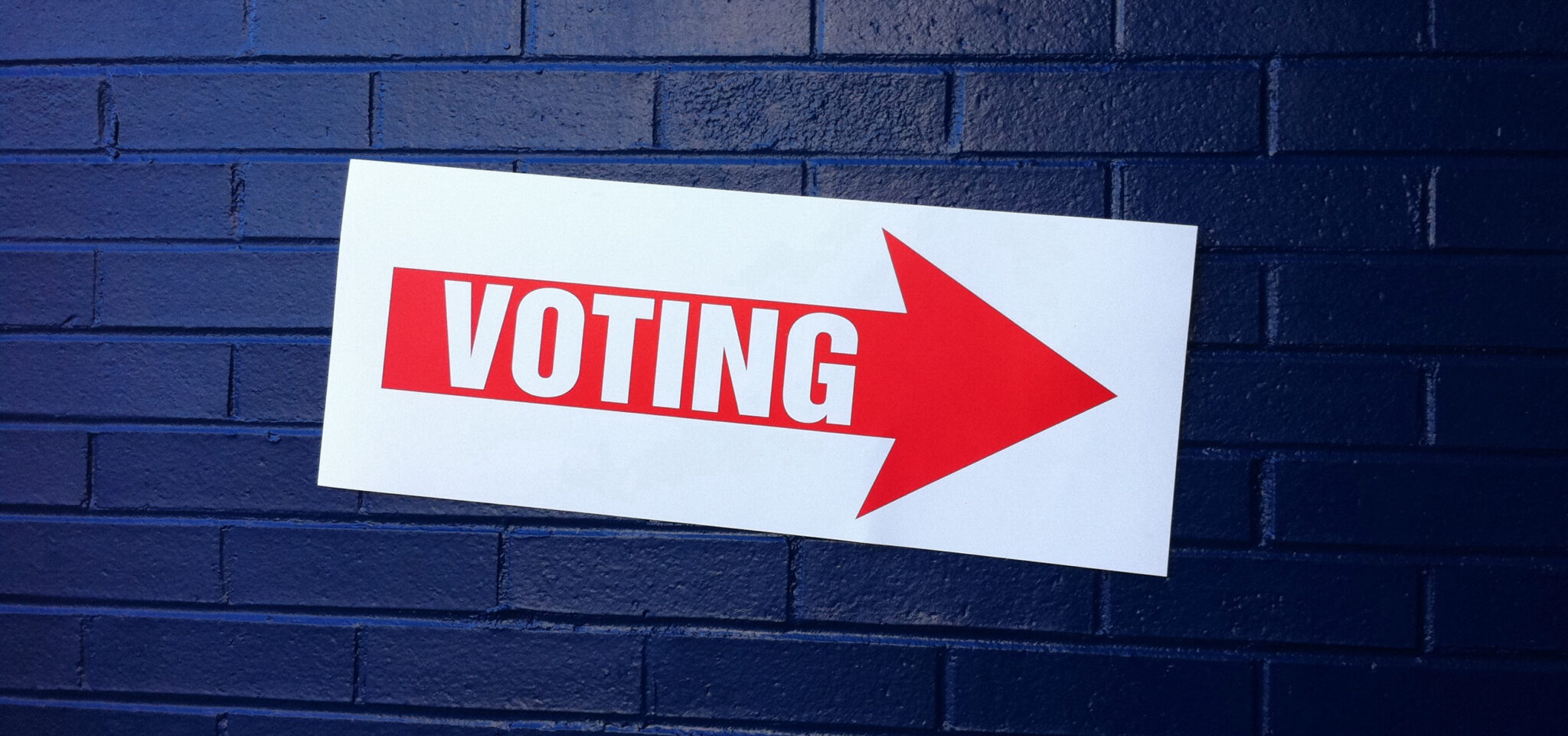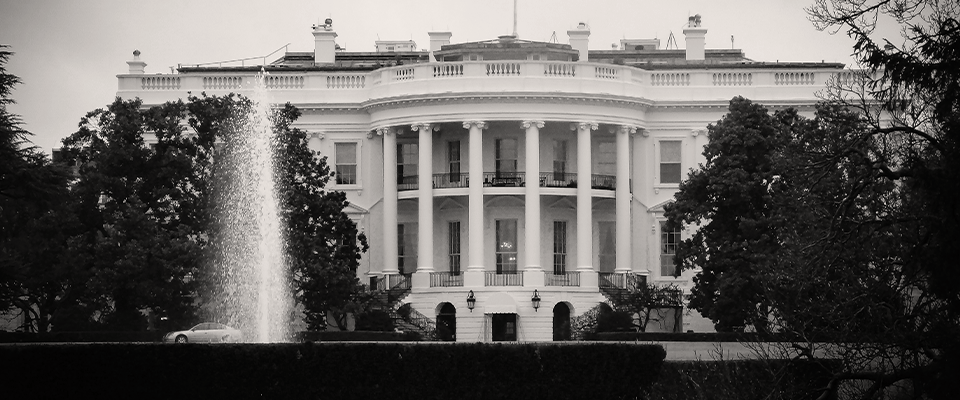The second votes of the 2024 presidential election will be cast on January 23 in the New Hampshire primary, following the Republican caucus in Iowa that was held on January 15. More than three years after the 2020 presidential contest, doubts about the integrity of American elections remain high among large swaths of voters, thanks in large part to the rhetoric of the leading Republican candidate. Can we expect a repeat of the aftermath of the 2020 vote, which included the January 6th violence, litigation, and criminal charges that are still pending today? We asked David Becker ’91, J.D. ’94, founder and executive director of the nonprofit Center for Election Innovation & Research.
This interview has been edited for length and clarity.
In a Public Affairs Council/Morning Consult poll done in September, 37 percent of American adults agreed with the view that the November elections will be conducted “in an honest way and open equally to everyone with a right to vote.” Why isn’t that percentage higher?
For years now, and particularly in the past three-plus years, voters have been hearing messages from people across the political spectrum that they can’t trust the results of elections because elections are rigged, there is widespread fraud, voters are being suppressed, voting is hard. All of those things are false. But as we become more divided as a nation—and, in particular, as we have the leader of one political party particularly aggressive in spreading lies about democracy, leading almost all Republicans to have doubts about the outcomes of elections that they lose—overall confidence in elections is going down. Election officials nevertheless continue to perform well. All of their work has been transparent.
If you think about it, elections in 2020 and since have withstood more scrutiny than any elections in American history: more investigations, more partisan accusations without proof, and more court review than we’ve ever seen before in elections. And every time, those elections have withstood that scrutiny. I would hope that would give voters confidence that when election losers tell them to doubt the outcome of elections, they should be skeptical.
Another poll, conducted in October by Johns Hopkins University and Gallup, reported on adults who believe that Donald Trump won the 2020 election. Only 30 percent of them said “completely” or “a lot” when asked if they “trust the accuracy and integrity of elections” in their state; only 13 percent trust the elections in other states. How can the trust of those voters be raised before November?
I’m not sure it can be. We have to understand that many voters are being subjected to a constant toxic diet of lies, fed to them by election losers and, in particular, the former president. Those lies have been remarkably resilient in the face of the truth. However, there is hope. The current efforts to hold those who are spreading the lies accountable for the damage they are doing to our democracy is very important. The criminal cases against the former president and those that assisted his efforts to interfere with the accurate results of the 2020 election; the civil lawsuits against those who spread lies, often destroying the lives of others, all in service to the Big Lie; and professional liability for lawyers and others who violated their oaths and tried to undermine democracy. We’re going to see a lot of that this year and some of those efforts may come to fruition in advance of the election. I’m keeping a particularly close eye on the case brought by the special counsel in Washington, DC, against the former president.
You’ve said that the 2020 presidential election has withstood the most scrutiny of any election in American history. What improvements have been made to the process that should give people confidence about the 2024 vote?
So, if you look at the 2016, 2020, and 2024 elections, we’re seeing constant improvement. In 2020, 95 percent of all ballots cast were recountable, auditable paper ballots; this is a best practice in election security and it compares very favorably to only about 75 percent of all ballots being cast on paper in 2016. In 2020, that included all of the ballots cast in every single battleground state—including Georgia, which had paper ballots in 2020 for the first time in two decades; North Carolina and Pennsylvania, which had paper ballots statewide, where in 2016, most of the ballots cast had no paper component. And in all of those states, they audited those ballots to confirm the counts were accurate. In every state, they were confirmed to be accurate. And in many of those states, they did hand recounts, as well, to confirm the outcome.
In addition to these election process integrity efforts, which are very strong, we have had so many court cases looking at every aspect of the 2020 election. And there will be court cases looking at every aspect of the 2024 election going into it.
And still to this day, over three years after the 2020 election, there still has not been one shred of proof introduced to any court anywhere in the country that would indicate there was any reason to doubt the outcome of the 2020 election. So, voters should feel very confident, and yet the losers of elections continue to lie about them.
Since 2020, election officials have faced threats and harassment, leading to turnover. A voting rights group, the Voting Rights Lab, reported in October that in several battleground states, high turnover in local election offices “means these offices will be understaffed or staffed with inexperienced administrators” in 2024. Doesn’t that portend more trouble?
First, it is unquestionably true that election officials all over the country, Republicans and Democrats, in red areas and blue areas, have been suffering constant abuse, harassment and threats after the 2020 election. And those threats have come not because they didn’t do a good job; they’ve come precisely because they did an amazing job. Somehow they managed the highest turnout in American history, by every measure, 20 million more ballots than in any election ever in America. And they did it in the middle of a global pandemic, when they and their staff and their families were getting sick. And that election has withstood all the scrutiny that the losers of that election could throw at it. It’s one of the great accomplishments of the democratic process in American history. But they are weary. They have been attacked constantly.
As some election officials are leaving, we are seeing Americans step up; we are seeing people in these roles step up. We’ve had several major elections since 2020. And those elections went off with very, very few problems. Election officials did what they always do, to give every eligible American a voice, while they had inadequate resources and had to try to navigate a variety of other challenges. And they’ve come through again, and they will come through again in 2024.
What is the biggest misconception among people who distrust our elections?
Many people who don’t trust our elections have never served as an elections worker or a volunteer poll worker. So, they don’t see the 250 years worth of evolved checks and balances that we have in place to make sure that every eligible voter, but only eligible voters, can cast one ballot that will be counted correctly. There are so many checks and balances in place to make sure of that. It’s why voter fraud, while fairly easily detected, is extremely rare. When it happens, we find it and then prosecute it. We know that it’s a tiny, tiny fraction; not zero, but not much more than zero of the overall vote totals.
And furthermore, I think there’s a misunderstanding that all of these checks and balances and the decentralization of our system—where we have 10,000 election jurisdictions running elections at the same time—make it very difficult to engage in any kind of massive, undetected fraud. Even if it were to take place, it would require a conspiracy of millions of people from both parties. It’s as close to impossible to steal a United States presidential election as you can imagine.
A lot of litigation and the Capitol riot of January 6 followed Trump’s loss to Joe Biden in 2020. What do you expect will happen if there is a repeat this year—that is, Trump is the Republican nominee and he loses?
I and many others who work in this space are very concerned about some of the lies being spread by the former president, who may very well be the Republican nominee. He has already demonstrated that the facts and the lives of civil servants all over the country are no impediment to him spreading lies if he loses. We should all expect that he will absolutely spread lies again if he loses, regardless of the margin, and that he will demonstrate his contempt for the Constitution and the rule of law and attempt to delay or interfere with the process by which his loss will be confirmed.
There’s also a chance he could win, and it’s important that we as a society recognize that elections matter. They’re verifiable, they’re transparent; there are legal ways to bring evidence to challenge them. But if your candidate loses—and there’s always an election loser—[it’s important] to accept that outcome and fight the next campaign. But it is a very significant threat that the loser of the presidential campaign could seek to undermine confidence in the election again and incite violence even worse than we might have seen in 2020.





















